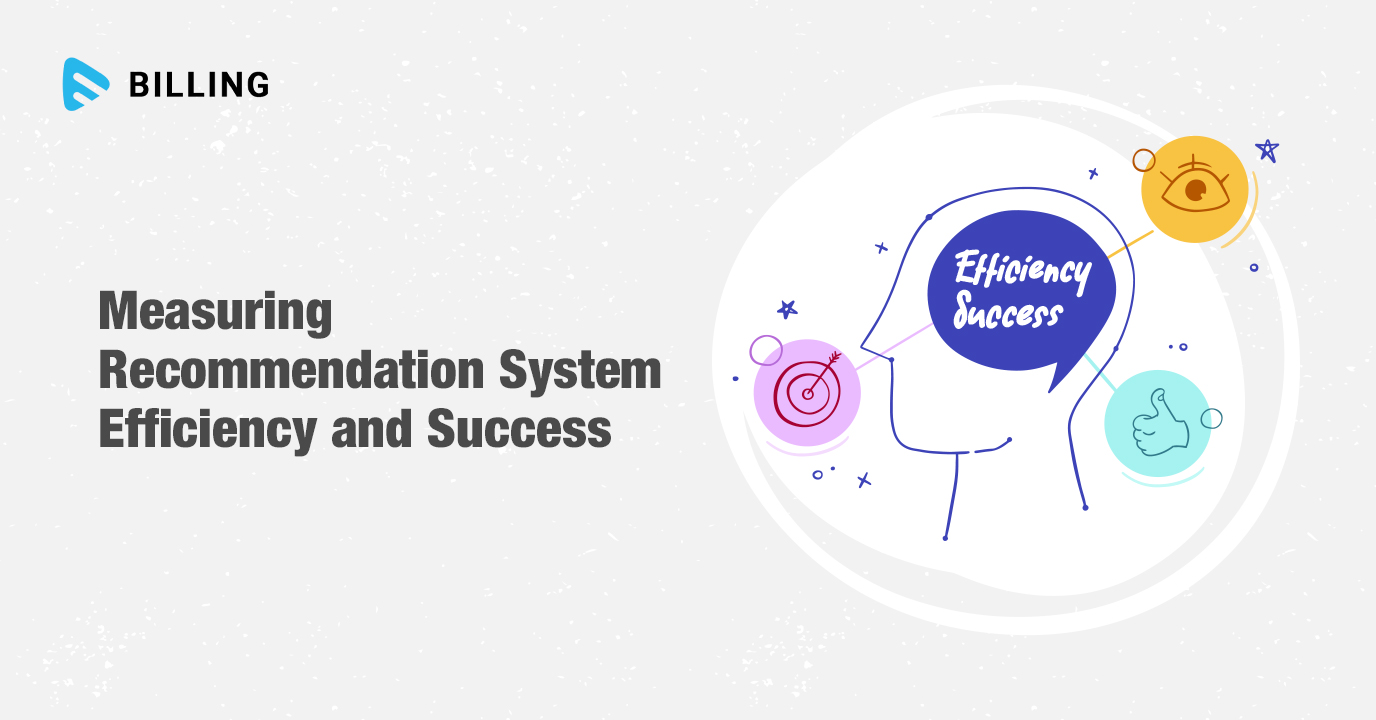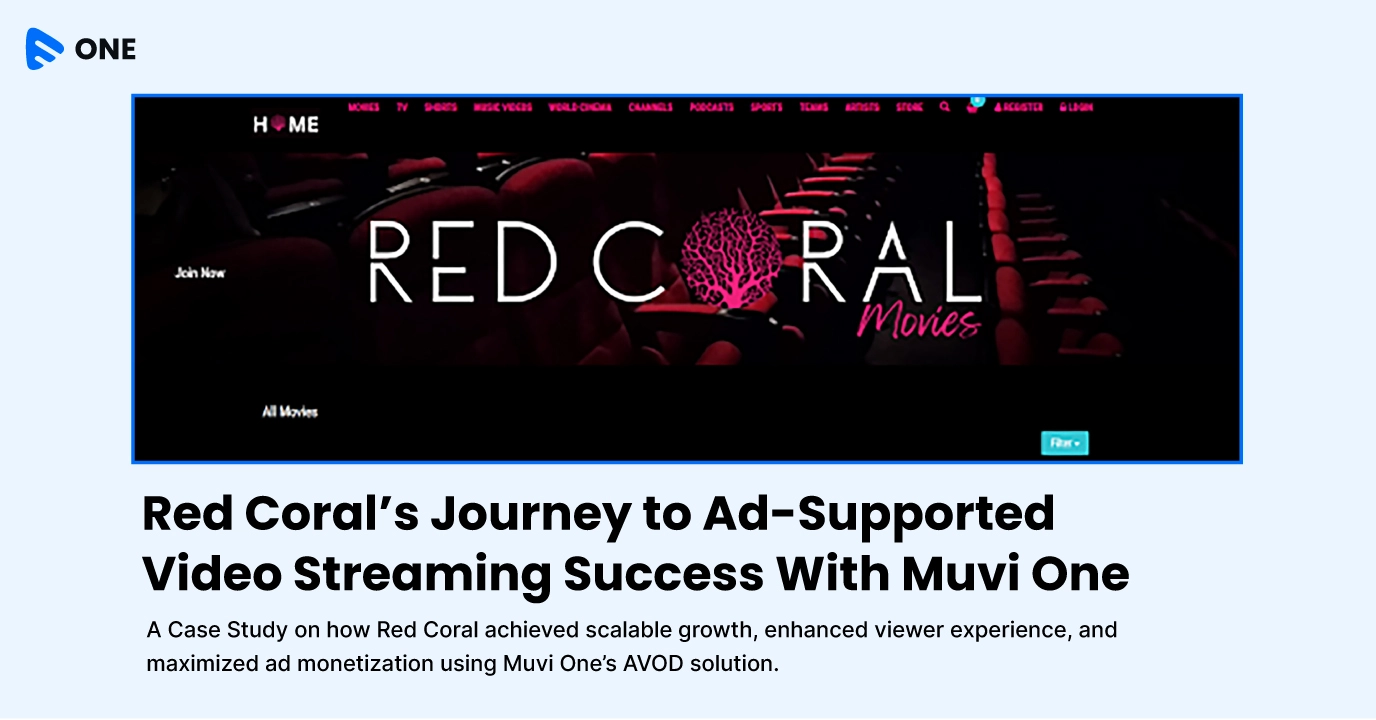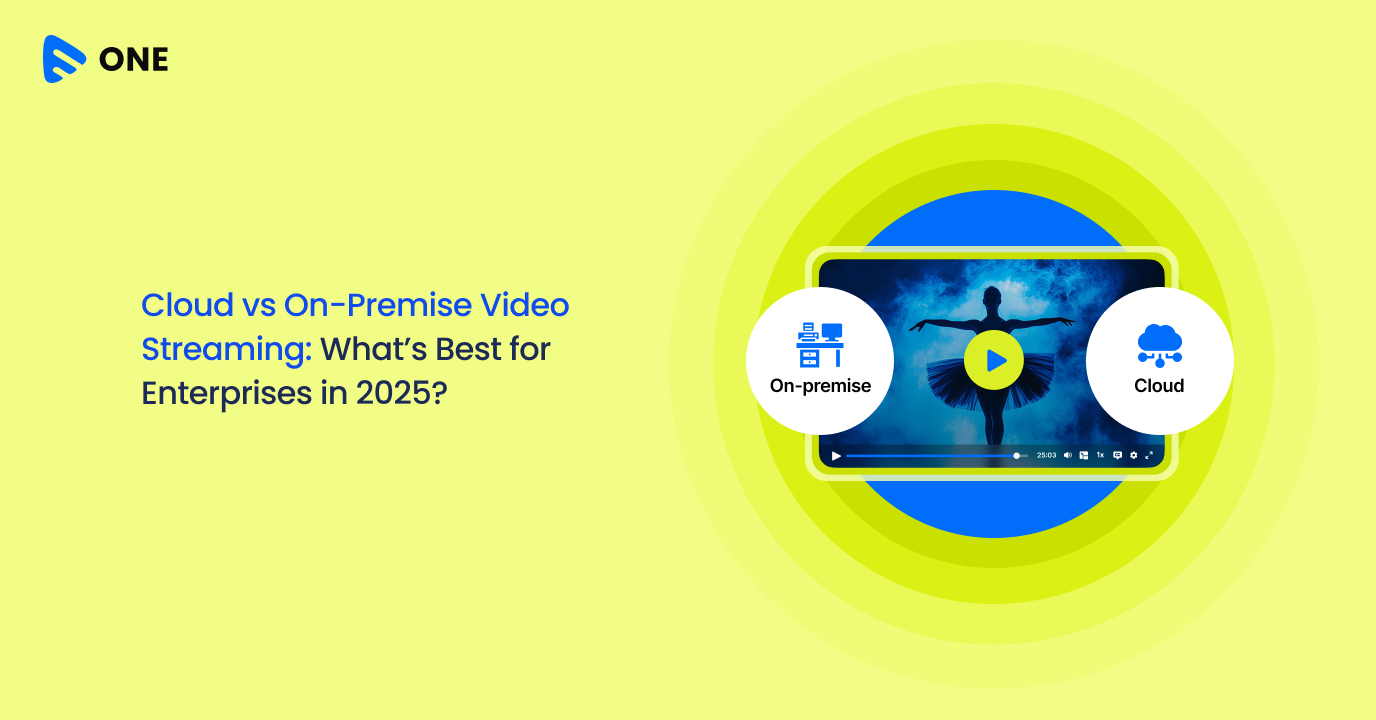Recommendation system is one most successful Artificial Intelligence tool that is used by all major websites. It offers a personalized experience to users by making suggestions based on their behaviour. It is growing popular on online websites. It can be used in a variety of platforms starting from e-commerce, streaming media platforms to social media engines. However, it’s quite uncertain how it can help businesses attain their commercial goals. That’s why measuring the success of any recommendation system is quite important from a business point of view.
In this blog post we will dive through the most vital and popular metrics of evaluating the parameters of measuring the success of a recommendation system.
Business Value of recommendation systems
Typically, online businesses don’t communally share the detailed information about how they gain profit from the application of recommendation systems and how often their end users adopt the recommendations.
Netflix for example shared a blog post mentioning that 75% of its users watch contents from the recommendations offered to them. Another report shared by YouTube highlighted that about 60% of the clicks on the home screen are on the recommendations. Recommendations led to a measurable growth in user engagement and also helped to decrease customer churn by huge percentage over the years. Recommendation and personalization offer more than 1 billion US dollar business value per year. And according to Amazon’s CEO, about 35% of their sales comes from recommendations.
These examples state that recommendation engines provide higher business value and have a huge potential of personalization and suggestion. However, finding the detailed picture of how recommendation engines make business successful and how this success can be measured will give a clear idea about the potential of a recommendation engine. Let’s get started…

What is measured and how is it measured?
The method in which companies measure the effects of the business value of an integrated recommendation engine depends upon several factors such as application domain, business model, etc. Some of the common metrics used in measuring the success of recommendation engine are:
- Predictive accuracy metrics
- Classification accuracy metrics
- Rank accuracy metrics
What are the popular metrics used to measure?
Predictive accuracy metric
This metric measures and addresses the subject of how adjacent a recommender’s estimated ratings are as compared to genuine user ratings. It is mostly used for evaluating non-binary ratings. Some of the most vital measures for this purpose are:
- Mean absolute error
- Mean squared error
- Root Mean squared error
- Normalized mean absolute error
Classification accuracy metric
It evaluates a recommendation algorithm’s victorious decision-making capacity. It is helpful for user tasks such as recognizing good products because they evaluate the number of right and wrong classifications as both relevant as well as irrelevant things are produced by the recommendation engine. It is best suited for ecommerce systems that try their level best to persuade users to take certain actions like purchasing products or other services.
Rank accuracy metric
It evaluates a recommendation engine’s ability to estimate an appropriate order of items based on user’s choices and is popularly referred to as rank correlation measurement. If an end user is offered a long and organized list of products that are recommended to him, then this type of measure is appropriate.
How do businesses evaluate the success of a recommendation engine?
Business evaluates the success of a recommendation engine through different metrics such as:
- Click-through rates
- Adoption and conversion
- Sales and revenue
- Effects on sales distributions
- User engagement
However, business metrics for measuring the success of a recommendation engine are not limited. It usually depends upon the type of business concerns that are solved using this system.
Create Personalized Experiences for your customers with Alie!
Alie is an AI powered recommendation engine that allows users to enjoy a personalized experience across several websites and applications. It’s distinct machine learning algorithm is intended to analyze user data as well as recommend personalized data in real-time. Alie offers both relevant and useful recommendations. Try a 14-days free trial of Alie to attain success for your business with personalized recommendations.


















Add your comment